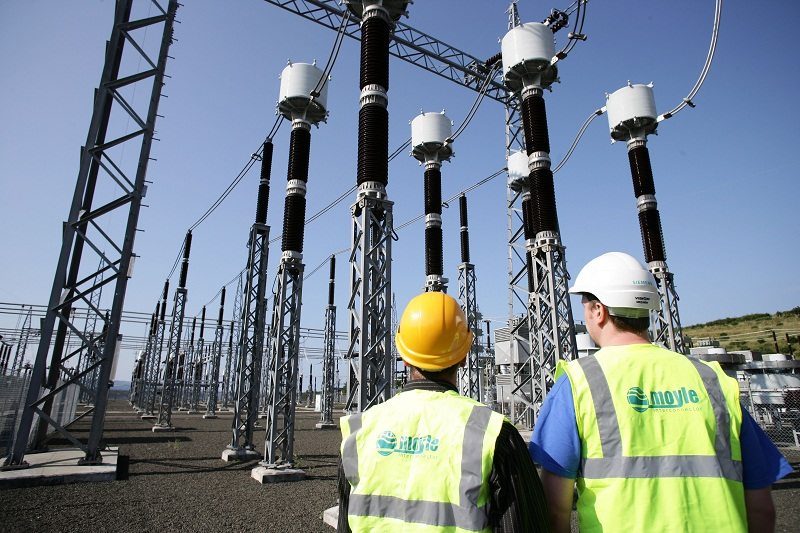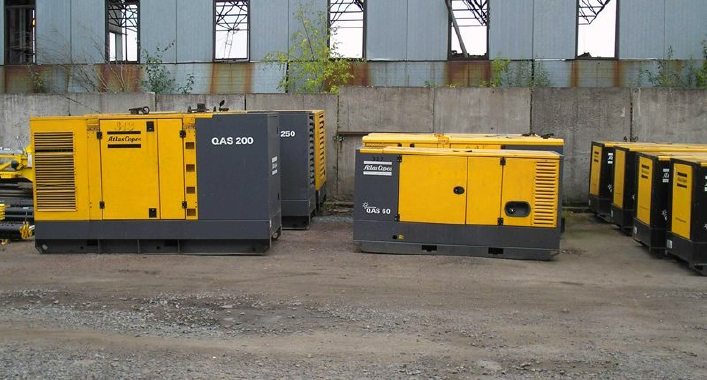
How you can Minimize Risk and Maximize Asset Recovery for Decommissioned Energy Assets
Energy assets, like all other equipment, eventually reach their end of life at some point and get decommissioned or abandoned. When they arrive at this juncture, energy organizations have to look for inventive ways to get rid of excess inventory in such a way that is not damaging in terms of budget and the environment.
The best thing about an established decommissioning and remarketing strategy is that energy companies are able to not just recover decommissioning costs, but curb all probable safety, health, and environmental risks at the same time.
Here then, are three ways these organizations can mitigate these risks and ensure they maximize value from their asset liquidation efforts.
1. Decommission Equipment Effectively
To guarantee an effective decommissioning process, energy companies should stick within these track lines:
- Planning: The decommissioning plan should be drafted way before the actual process. An elaborate plan is one that details every step to be taken during decommissioning, removing the equipment from location, not forgetting safety, health and environmental risks.
- Identification: Make it a point of knowing which equipment boast more resale potential and those that should be scrapped. The recovery rate should dictate this; if it’s too low for a particular asset, best to scrap or recycle the same.
- Permitting: Involves acquiring all necessary permits and getting your work plan sanctioned by the relevant regulatory authorities.
- Preparation: Know what equipment will be sold and those that will be redeployed internally. Any assets earmarked for disposition should be included in a marketing plan you should create, and come complete with the envisioned sales or storage lot location for any surplus.
- Asset Removal: Working hand-in-hand with contractors should minimize any potential damage suffered by assets during removal. And this particularly goes for equipment that will be redeployed or liquidated.
- Site Clearance: The site needs to be free of any obstructions and should abide by all safety and compliance rules.
2. Maximize Recovery through Proven Liquidation Methods
Following decommissioning, valuable assets that haven’t been redeployed should be sold in secondary markets. Here are remarketing best practices that will maximize asset disposition:
- Understand Asset Value: As much as you should be looking to dispose every possible asset, channel most of your efforts to the most valuable assets. These usually contribute to the largest share of total recovery value.
- Determine Marketing Channel(s): Conventional marketing avenues like trade shows and print ads should no doubt come to mind. However, combine these with digital channels too like low-priced ads on inventory listing websites, email marketing, and social media.
- Identify Sales Channel(s): Specialized energy assets are most successfully disposed through the private treaty method which centers on a select group of prospective buyers. For the common, high-demand equipment, online auctions would be a good start what with their global buyer network reach.
- Include Full Information: Something we’ve emphasized when it comes to online sales is the provision of every possible detail about the equipment on offer. This includes high-quality photos, a good description and original equipment documentation. It serves to increase buyer confidence without which you’re wasting your time.
3. Strategically Scrap Assets
Not all surplus assets will be disposed. For these, the next logical step is to recycle or sell them for scrap.
This is beneficial in its own right. For one, you’re disposing assets in a sustainable way, as opposed to sending them to a landfill. Second, selling for scrap still manages to recover a little something, while recycling boosts your brand image.
Why Surplus Management is Best
Of course, outlining these tips here is easy and looks good on paper (or screen). But considering the fact that asset recovery services is not a core offering of energy companies, things begin to get complicated.
This is the reason most energy firms enlist third-party providers to handle this side of business for them which, mind you, guarantees most value and less loss and risk. Think of it this way…
Decommissioning and managing surplus equipment does eat up a lot of time and manpower. It calls for expertise when it’s time for marketing and selling. And let’s not forget the ability to vet buyers – and ascertain all sales comply with existing regulations. Too much of a headache, let’s not kid ourselves.
All said, the best option for energy companies is to outsource these chores to a trusted energy recovery solutions provider and be left to focus on what you do best.
